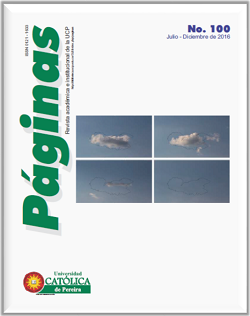The ICSID case law related to non-precluded measures clauses: impact on investors and alternatives
Palabras clave:
allocation of risks between host States and foreign investors, Foreign investment, economic crises, non – precluded measures clausesResumen
The ICSID case law on non-precluded measures clauses transfers significant risks during economic crises to investors. This article puts the case law in a broader context and shows that not all investors could be affected by it in such events. Moreover, the article highlights that the suspension of compensation proposal as a risk sharing mechanism between investors and host States during economic collapses is more theoretical than practical. Thus, other formulas should be explored. The present article puts forward one: shortening the length of the crisis. This is an important tool to allocate risks. By virtue of the operation of the clause, setting the period between the start and end dates of the crisis at the shortest length possible, while accepting the severity of the crisis, allows tribunals to alleviate the burden of the risks borne by foreign investors, since once the crisis is considered finished, full compensation is owed to them and the risks are shifted to host States, even if their economies may not have returned to normality. The article expands the analysis of this proposal on the basis of the literature in economics on how to determine the end of economic breakdowns. The article presents two leading perspectives and shows their impact on States and investors if applied in the context of litigation in which the invocation of an NPM clause has been successful.

